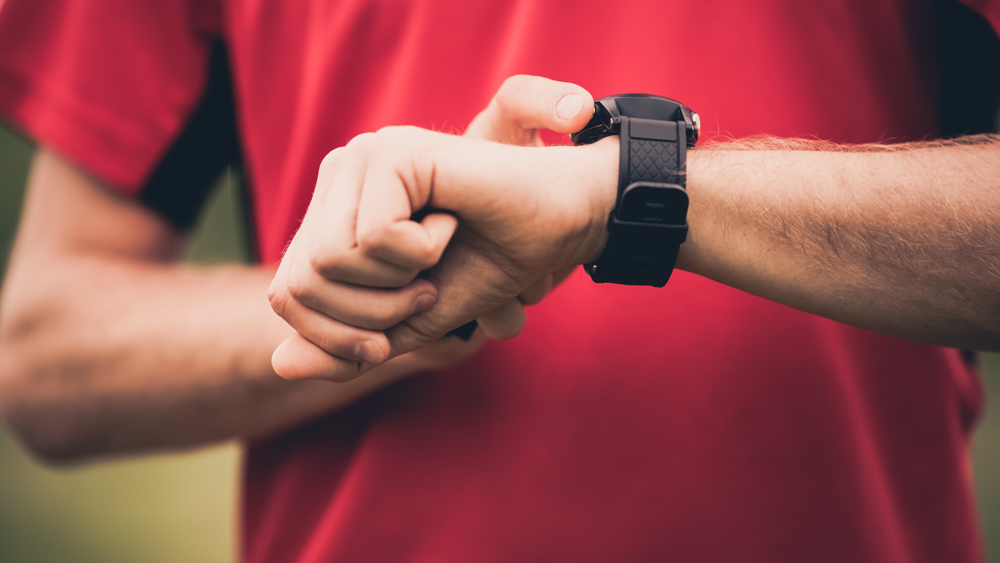Fitness Trackers Botch Calorie Counting But On The Money For Heart Rate
Compared to gold-standard lab measurements, wrist wearables fall short on calorie tracking

Fitness trackers are impressively accurate when it comes to heart rate monitoring but they’re way off the mark with calorie counting, according to new research that compared seven popular devices with lab measurements.
Scientists from Stanford University tested the accuracy of the heart rate tracking and calorie counting of the Apple Watch, Fitbit Surge, Basis Peak, Microsoft Band, PulseOn and Mio Alpha 2 and Samsung Gear S2 using 60 volunteers. The participants wore the devices while exercising on a treadmill or stationary bike, or just sitting.
The results were compared with “gold standard” lab-based measurements, using an electrocardiograph (ECG) to track heart rate and indirect calorimetry, which tracks oxygen and carbon dioxide in the breath, to measure how many calories were burned.
They found that while six of the seven devices had an error rate of under 5% for heart rate tracking, all seven had an error rate of over 20% with energy expenditure during exercise.
The Apple Watch topped the rankings with heart rate monitoring with a median error rate of 2%, while the Samsung Gear S2 was the only device out by over 5%, with an error rate of 6.8%.
RECOMMENDED: The Best Heart Rate Monitors
When it came to calorie counts the range of results was far greater, and far more inaccurate. The best was the Fitbit Surge with a median error rate of 27.4%, while the PulseOn was the worst with an error rate of 92.6%.
Get the Coach Newsletter
Sign up for workout ideas, training advice, reviews of the latest gear and more.
“We were pleasantly surprised at how well the heart rate did,” said Euan Ashley, professor of cardiovascular medicine at Stanford University.
“At the same time we were unpleasantly surprised at how poor the calorie estimates were for the devices – they were really all over the map.”
Anyone who’s ever used a fitness tracker will at some point have questioned the accuracy of its recordings. It’s important to use the devices as a guide and a motivation to keep moving, rather than a definitive account of what you’ve done.
This is especially true when it comes to working out how much you should eat based on the calories you’ve burned during exercise. Taking an extra slice of cake because your tracker reckons you shifted exactly the right amount of calories to justify it during your workout will put you on a hiding to nothing.

Nick Harris-Fry is a journalist who has been covering health and fitness since 2015. Nick is an avid runner, covering 70-110km a week, which gives him ample opportunity to test a wide range of running shoes and running gear. He is also the chief tester for fitness trackers and running watches, treadmills and exercise bikes, and workout headphones.
